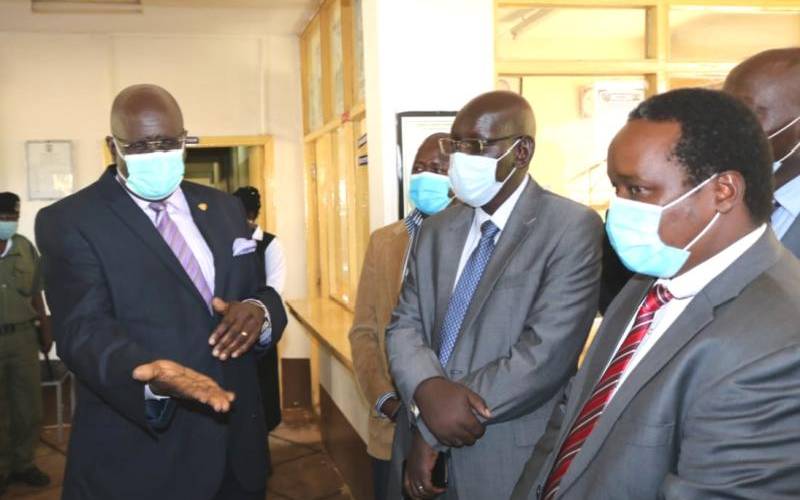×
The Standard e-Paper
Smart Minds Choose Us

Head teachers will shoulder the greatest responsibility of containing the coronavirus in schools if Ministry of Education draft guidelines are adopted ahead of 2021 reopening.
Finer details of the reopening plan for basic and higher learning institutions reveals that teachers will be at the centre of a successful resumption of learning.